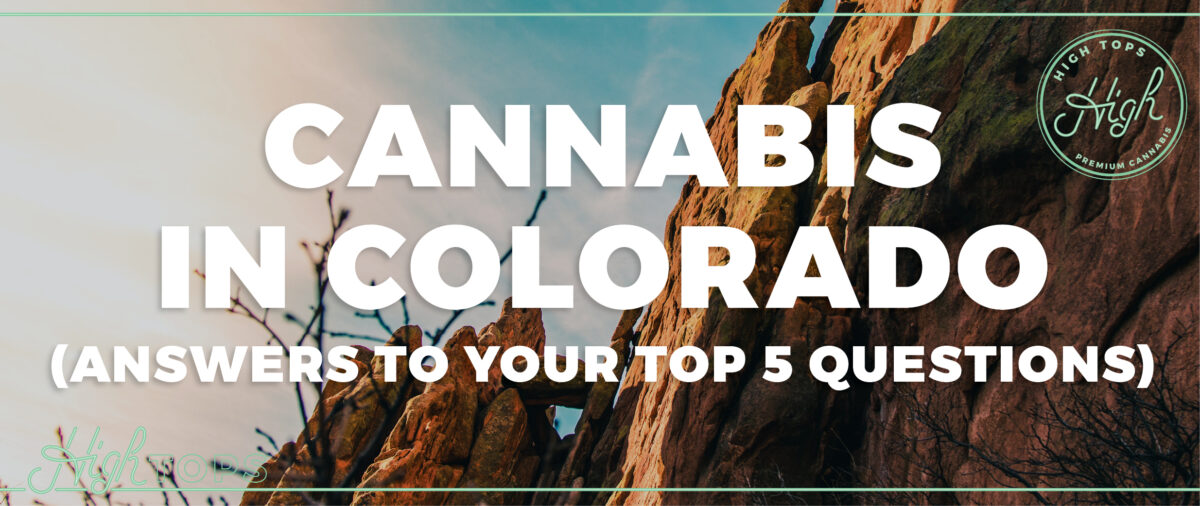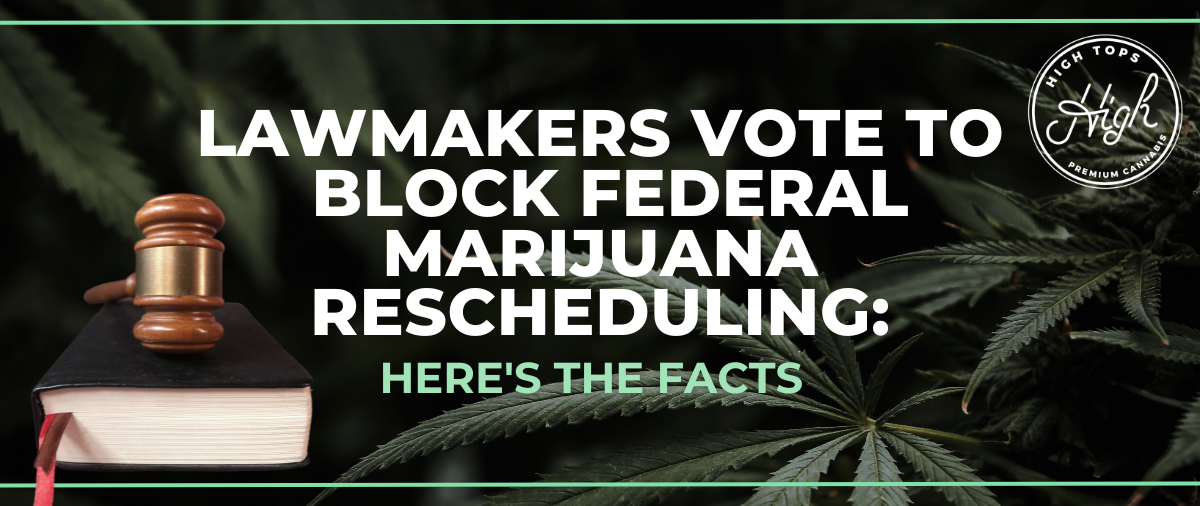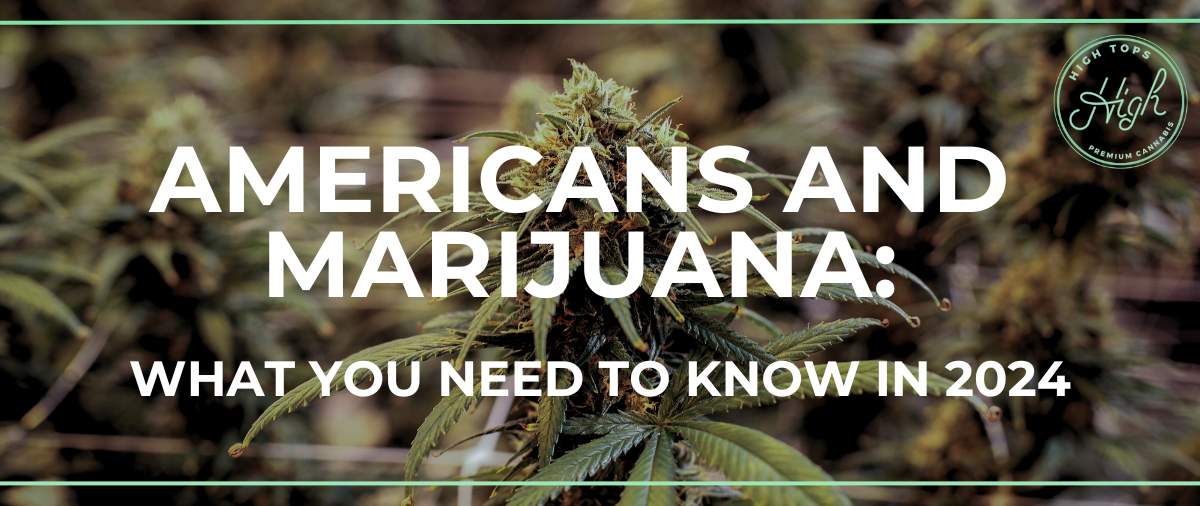Colorado has always been at the forefront of the fight to legalize cannabis. The history and the laws here are unique and helpful for those in need of the medicinal benefits of cannabis. Being a leader in the industry, there are a lot of questions one might have about how cannabis works in Colorado. In this article we are exploring a few of these key questions.
What is the History of Cannabis in Colorado?
Colorado is a leading pioneer in legalizing cannabis in the United States. For decades, the state has always had a cultural affinity to cannabis. Our history dates way back to the early 1900’s when the plant was first made illegal here. Back then, the citizens of Colorado were not nearly as accepting as they are today. It wasn’t long before the perception of cannabis began to change in the state.
In the 1970’s the state decriminalized cannabis during a decade-long wave of decriminalization in the United States. By 2000, Colorado legalized medical marijuana under the Medical Use of Marijuana Initiative (or Amendment 20), which amended the state constitution to allow patients to consume medical marijuana for a variety of medical conditions. It wasn’t until 2012 when Amendment 64 was passed, which allowed adults 21 and older to consume cannabis (THC) recreationally.
Under the new Colorado laws, people can purchase cannabis seeds to grow in the privacy of their homes and those seeking to purchase marijuana in Colorado aren’t required to be a resident of the state, so tourists and visitors can buy up to 28 grams at a time. Even though cannabis is widely accepted in the state, it is still illegal to consume in public.
What is the Difference between Medical and Recreational Cannabis?
In the state of Colorado, purchasing medical marijuana requires a state red card, which is only given to Colorado residents with an official recommendation by a licensed physician. This recommendation documents that the patient has a medical condition that may be helped with use of cannabis. Medical cannabis patients can receive their products from a primary caregiver, self-grow their own, or purchase from a licensed medical marijuana dispensary like Hightops Premium Cannabis.
Recreational marijuana is available to both residents and non-residents of Colorado, however you must be 21 years or older with a government issued ID (i.e. a driver’s license or passport) in order to purchase or possess any products. Only licensed retail marijuana stores may sell recreational cannabis. Take note on the individual city laws within the state. Some cities, like Colorado Springs, only allow for the purchase of medicinal cannabis and you must have a red card to do so.
Did you know that customers will pay higher taxes in a recreational dispensary, thanks to a general sales tax, special retail tax, and an excise tax? These taxes are used for a multitude of state functions and will always run higher. If you are from another state and hold a red card from there, you cannot use that medical card in Colorado. The state only recognizes cards issued here. For more information about how to start your journey, check out our blog entitled, “How to Start Your Medical Journey.”
What are the Rules and Regulations for Cannabis and Driving in Colorado?
In Colorado, there are several laws that help to eliminate impaired driving from cannabis consumption. In the eyes of Colorado law enforcement and the Colorado Department of Transportation, “You cannot judge your own level of impairment. Any amount of cannabis consumption puts you at risk of driving impaired.”
Colorado law is very clear when it comes to driving while under the influence of cannabis. If a driver has five nanograms or more of active (THC) in their blood, they can be indicted for driving under the influence. (CDOT) It is important to know that no matter the level of THC in your system, officers will arrest someone if they perceive impairment. Many people may ask, “What if I use cannabis medicinally?”. If a substance has reduced your ability to drive a car, it is illegal for you to be driving, even if that substance is prescribed or legally acquired.
Police officials will be the ones to decide if you are impaired by the use of cannabis. They are trained on being able to tell if someone impaired by any drugs, including cannabis. Many have even received elevated training in Advanced Roadside Impaired Driving Enforcement (ARIDE). Across the state of Colorado, law enforcement agencies have specially trained Drug Recognition Experts (DRE) on staff that can detect impairment from a variety of substances. (CDOT)
The repercussions for driving under the influence of cannabis are the same as someone driving under the influence of alcohol. No matter the substance, or combination of substances, a DUI is the same across the board in the eyes of the law. However, when combining substances, like cannabis with alcohol for example, there is a much greater degree of impairment. This will increase the chances of crashes and other risks.
Where Can I Publicly Consume Cannabis in Colorado?
Cannabis cannot be consumed openly or publicly in Colorado. Under the law, that includes transportation facilities (train and bus stations, for example); schools; music, sports or amusement venues; parks and playgrounds (including mountain parks, such as Red Rocks Amphitheater); and rooftop cafes. You cannot smoke cannabis — or anything else, for that matter — indoors in any public areas, including restaurants, theaters or office buildings. However, there are several locally licensed consumption venues in Colorado Springs and Denver where public smoking is allowed. Colorado residents are also allowed to smoke in their own homes if they own their it or have a lease that does not have any smoking restrictions.
Can I Travel out of State with Cannabis?
The short answer is NO.
In 2012, Colorado legalized the purchase and possession of cannabis for recreational use. Since then more states have legalized the possession of small amounts of recreational cannabis. In addition, many states have legalized cannabis for medical use. However, a number of states have held out and still prohibit the possession of any amount of cannabis for any reason. Here is another article with information about individual state vs. federal laws.
In some states, the punishment for possession can range from a misdemeanor to a serious felony depending on the amount of cannabis in the possession of the person charged. A conviction may result in a fine and possibly some jail time, to years in a state penitentiary.
The fact that your purchase and possession of cannabis was legal in the state where you got it is not a valid defense to possession in a different state with stricter laws. Not even a valid medical marijuana card from your home state will help you. So always be aware of the laws in the states you are driving through and remember, it is NEVER OKAY to fly anywhere while in possession of cannabis.
We hope this article helps give you an idea of how cannabis and the laws work in Colorado. Always play it safe and do research to make sure you are in line with your state’s expectations and common practices. For more insights, keep up with our blog, or talk to our highly educated Budtenders at Hightops Cannabis in Colorado Springs.








Leave A Comment